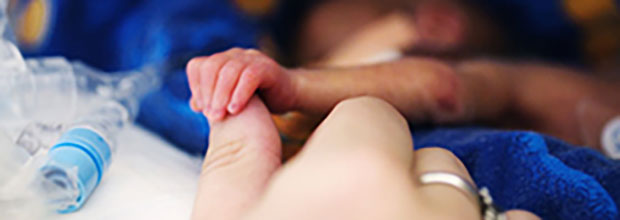A presentation by Heidelise Als, PhD. The lecture explores the Synactive Model of Newborn Development, theorethical framework for the NIDCAP approach to the care of preterm and medically fragile infants. The goals of this individualized, family-centered model of care are discussed and a thorough review of the research done by Als and her collaborators is presented.
Upon completion of this educational activity, participants should be able to:
1. Identify at least three benefits of NIDCAP care to preterm infant development as described in scientific research.
2. Critically reflect on the differences between the mother’s womb and the Neonatal Intensive Care Unit as environments for development.
3. Identify infant behavior as a continous expression of brain function available to be observed and interpreted by caregivers.
Heidelise Als, PhD. Professor of Psychology in the Department of Psychiatry, Harvard Medical School, Senior Associate in Psychiatry, and Director of Neurobehavioral Infant and Child Studies, Boston ChildrenÕs Hospital Boston, Boston Massachusetts, and Research Associate in Newborn Medicine at the Brigham and WomenÕs Hospital.
Dr. Als was a clinician and researcher, who was concerned with the neurodevelopment of fullterm, high risk and preterm newborns, as well as the effect of environment and care and the parentsÕ role on brain development. Her goal was to improve the future for all newborns and especially those born early and/or with special challenges requiring intensive medical care.
Dr. Als is the originator of the Newborn Individualized Developmental Care and Assessment Program (NIDCAP) and the director of the first NICU based program dedicated to training and implementing this approach, established in 1982, the National NIDCAP Training Center, based at Boston ChildrenÕs Hospital and the Brigham and WomenÕs Hospital. She is the founder of the NIDCAP Federation International (NFI), a charitable organization with the mission to assure NIDCAP care for all newborns and families world-wide. Her research has documented significant improvement in the health and neurodevelopment of preterm infants, who receive NIDCAP care compared to those, cared for in traditional ways. Her work has changed the training and education of staff as well as the design of and care delivered in NICUs in the US and globally.

